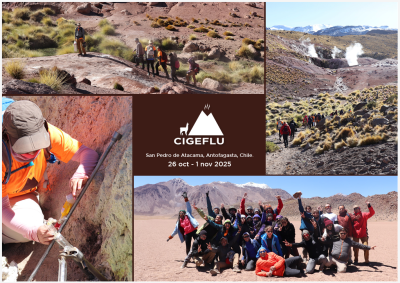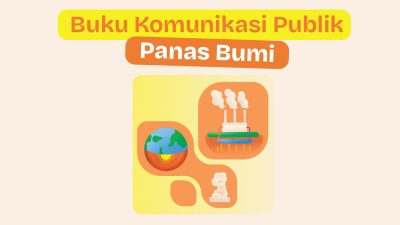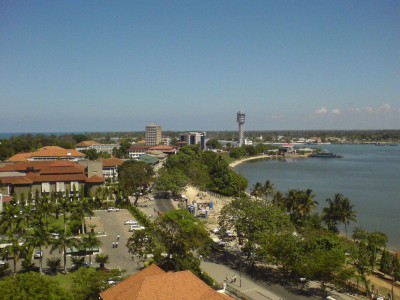PhD position – applied, computational mathematics / modelling of supercritical geothermal systems
The University of Bergen in Norway has announced an open PhD position in applied and computational mathematics/ modelling of supercritical geothermal systems.
There is a vacancy for a PhD position in applied and computational mathematics at the Department of Mathematics. The position is for a fixed-term period of 3 years with the possibility of a 4th year with compulsory other work (e.g. teaching duties at the Department). The position is part of the project ‘Simulation of governing processes in superheated and supercritical geothermal systems: mathematical models, numerical methods and field data. (SiGS)’, financed by the Research Council of Norway and Equinor.
About the project/work tasks:
The main objective of the SiGS project is to develop mathematical and numerical models for superheated and supercritical geothermal resources and combine these with field observations. This entails modelling of multiphysics processes (fluid flow, thermodynamic and geochemical effects, mechanical deformation) in fractured rocks, development of stable and efficient simulation techniques for these processes, and implementation of the numerical methods in a simulation tool developed by the research group. More information on the SiGS project can be found at https://sigs.w.uib.no/.
Research tasks for the PhD project related to this announcement include incorporation of geochemical effects into the existing computational framework, and simulation of the potential for flow in fractures that are evolving by a combination of mechanical, chemical and thermal effects. The PhD project will further apply the simulation tool to study processes within geothermal fields in Iceland. The project will collaborate closely with another PhD student within the SiGS project.
The PhD project will be conducted in the Porous Media research group, a team of approximately 20 faculty, researchers, PhD students and MSc students, see https://pmg.w.uib.no/. Research within the Porous Media Group spans a wide range of topics within mathematics for porous media, including modelling and development of advanced numerical methods. The group has several ongoing projects that relate specifically to fractured porous media.
Qualifications and personal qualities:
- Applicants must hold a master’s degree or equivalent education in applied and computational mathematics, or alternatively in computational engineering, physics, geoscience or equivalent. Master students can apply provided they complete their final master exam before 01.09.2020. It is a condition of employment that the master’s degree has been awarded.
- A strong background in mathematical modelling, partial differential equations, numerical and computational methods is a requirement.
- Experience with applications in one or several of the fields rock mechanics, elasticity, geochemistry and/or porous media flow is an advantage.
- A strong background in implementation of numerical methods and collaborative (open source) software development is an advantage.
- Applicants must be able to work independently and in a structured manner and demonstrate good collaborative skills.
- Applicants must be proficient in both written and oral English
Personal and relational qualities will be emphasized. Ambitions and potential will also count when evaluating the candidates.
About the PhD position:
The fellowship will be for a period of 3 years, with the possibility for a 4th year, consisting of 25 % compulsory work (e.g. teaching responsibilities at the department) distributed across the employment period. The 4th year is contingent on the qualifications of the candidate and the teaching needs of the department and will be decided upon appointment. The employment period may be reduced if you have previously been employed in a qualifying post (e.g. research fellow, research assistant).
For full details see link below.
Source: Universitetet i Bergen/ jobnorge.no

















